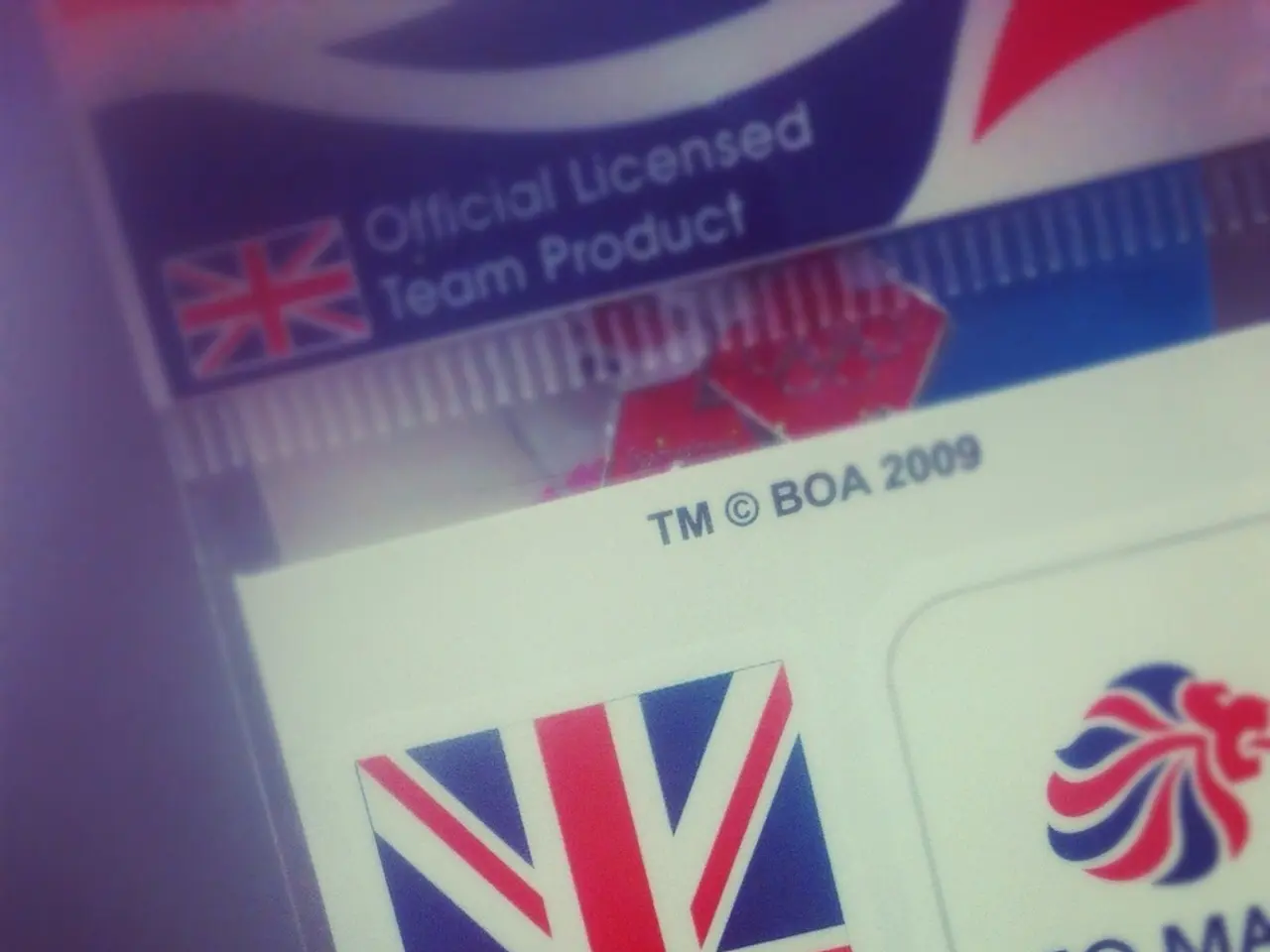White House Maintains Scoring System for Company Loyalties, Reveals Report
In an unprecedented move, the White House has developed a loyalty scoring system to rate and rank corporate support for President Trump's legislative agenda. The system, detailed in recent reports, evaluates 553 U.S. companies and trade associations based on criteria such as public endorsements, social media activity, press releases, video testimonials, attendance at White House events, and advocacy efforts [1][3][5].
Before the Trump era, there was no clear evidence of a comparable formalized or public government-issued loyalty scorecard that systematically quantified corporate political alignment in such a direct manner. The development of this loyalty scorecard reflects a significant evolution toward explicit transactional and loyalty-based government-business interactions [5].
The potential implications of this system for business-government relations are profound. Companies may face increased political pressure to publicly align with the administration's priorities or risk being categorized as low supporters, which could affect their access to policymakers and influence [1][3]. This could potentially lead to a transactional relationship model, where companies engage in demonstrative support to gain favor, possibly at the expense of independent corporate decision-making [3][5].
Concerns about transparency and political bias also arise, as the scorecard is confidential, and its methodology is not fully disclosed, raising fears of government decisions being influenced by loyalty rather than merit or broader economic interests [1]. Additionally, there may be potential chilling effects on corporate dissent or neutrality, as businesses might avoid positions or actions that could be perceived as insufficiently supportive, limiting open dialogue and diverse viewpoints in policy debates [1][5].
The scorecard's use as a reality check by White House staff to prioritize interactions with companies that actively support the administration's agenda suggests its role in shaping future government engagement and possibly regulatory or contract decisions [3].
Notable companies included in the loyalty scorecard are AT&T, Delta, United, Uber, and Cisco, each of whom contributed $1 million to Trump's inaugural committee [2]. DoorDash, on the other hand, contributed $100,000 to the inauguration [4]. Companies rated as good partners also include Uber, DoorDash, United, Delta, AT&T, and Cisco.
The White House official states that support from companies advocating for the tax bill or additional administration priorities will be taken into account in the grading [1]. The loyalty spreadsheet is described as an "evolving" document and will include support for other initiatives beyond the Big Beautiful Bill in the future [3].
The emergence of this loyalty evaluation system marks a notable shift toward explicit loyalty assessments in government-business relations, raising questions about the long-term effects on corporate political independence and the role of corporate advocacy in shaping policy outcomes. It is a development that defies the norms of another age, much like the scandal that erupted over President Richard Nixon's enemies list in 1973.
[1] https://www.nytimes.com/2019/02/03/us/politics/white-house-loyalty-scorecard.html [2] https://www.opensecrets.org/news/2017/01/trump-inaugural-committee-donor-list/ [3] https://www.politico.com/story/2019/02/03/trump-white-house-loyalty-scorecard-1129389 [4] https://www.cnbc.com/2019/02/03/door-dash-contributed-100000-to-trump-inauguration-report.html [5] https://www.washingtonpost.com/opinions/2019/02/04/trumps-loyalty-scorecard-is-a-dangerous-new-low-for-the-white-house/ [5] https://www.vox.com/policy-and-politics/2019/2/4/18214338/trump-white-house-loyalty-scorecard-companies-business-politics
- The loyalty scoring system developed by the White House may impact the future of technology companies, as they may face increased pressure to publicly align with the administration's priorities or risk being categorized as low supporters.
- The scoring system could potentially influence the tech sector's financial performance and business strategies, as companies aim to maintain good standing with policymakers to secure favorable policy and legislation in the realms of technology and general news.
- The development of this system could have ramifications for the technology industry, as it creates a more transactional relationship model between companies and the government, possibly affecting their ability to make independent decisions.
- The system's potential impact on politics extends beyond tech companies, as the selective engagement with certain businesses based on loyalty scores could lead to lopsided policy debates and a lack of diversity in viewpoints, impacting the broader landscape of policy-and-legislation and general news.




